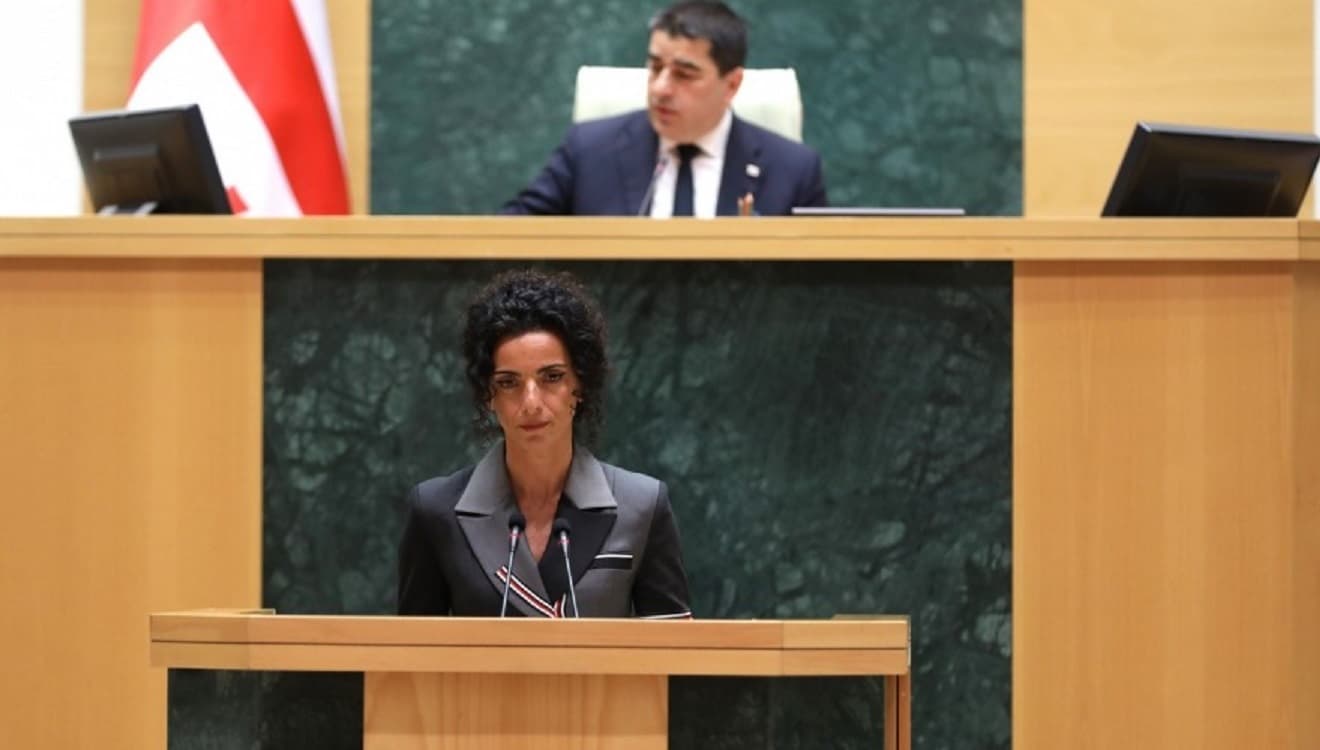Georgian Parliament passes controversial amendments to Diplomatic Service Law

Author
Front News Georgia
On May 14, the Georgian Parliament, led by the ruling Georgian Dream party, adopted amendments to the Law on the Diplomatic Service in an expedited procedure, completing the process within just two days.
The legislative changes, initiated by the Ministry of Foreign Affairs, aim to redefine several key provisions regarding the employment and conduct of diplomatic personnel. According to the ministry, the updates refine the framework for employing individuals under administrative contracts and revise the frequency of performance evaluations for those working in the diplomatic service.
One of the most notable changes is the introduction of mandatory ethical and conduct standards for diplomats. Under the new law, diplomatic personnel must now strictly adhere to general ethical norms and principles of conduct, in addition to fulfilling their duties “in good faith” and in line with public interest and diplomatic service principles.
The amendments also expand the reasons for early termination of long-term foreign assignments. Specifically, a diplomat may now be recalled if they violate ethics rules established by a ministerial administrative-legal act in a way that could damage Georgia’s interests or image, or if their actions contradict the country’s foreign policy priorities set by Parliament.
Further changes include:
- Extending the possible duration of foreign postings (under rotation) from six months to one year.
- Allowing diplomats recalled early for ethics violations to be placed in the diplomatic reserve.
- Increasing the frequency of evaluations for diplomats and administrative staff from once to at least twice a year.
- Expanding the range of positions eligible for employment under administrative contracts within the Ministry.
According to the government, these updates are intended to enhance professionalism and accountability in the diplomatic corps. However, opposition parties and civil society groups have sharply criticized the reforms, calling them a cover for politically motivated purges within the foreign service.
Critics argue that the changes are designed to remove officials deemed disloyal or “undesirable” by the ruling party. Since late December 2024, hundreds of public servants have reportedly been dismissed from various government agencies without clear explanation — a trend many link to the increasingly tense political climate in Georgia.
The EU and other international partners have previously raised concerns about democratic backsliding and pressure on civil servants in Georgia, warning that such moves could further strain the country’s path to European integration.





